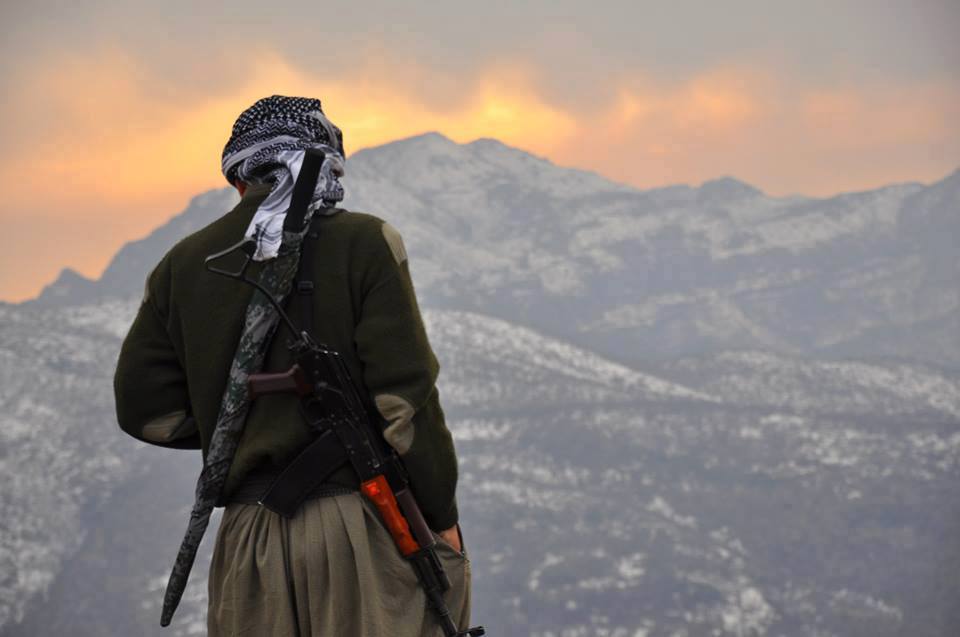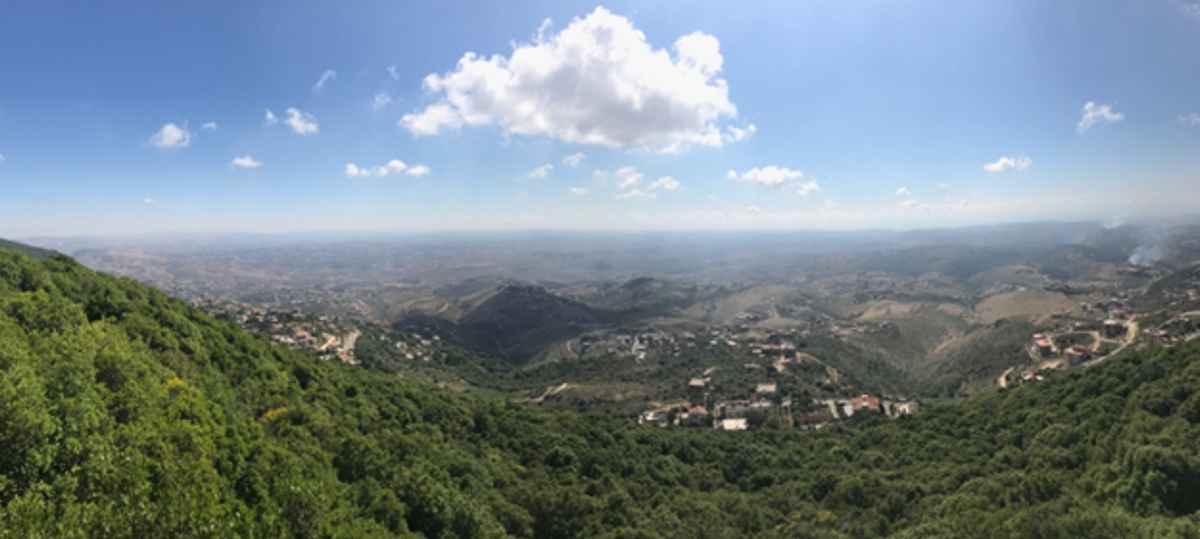
James Hewitt
“Familial loyalties can affect organisational loyalties in the context of civil war, in ways that reinforce one another but also at times creating tensions between them.”
Familial ties can strongly influence pathways into, through and out of involvement in political violence. In this blog I highlight the role that familial loyalties can play at different stages of a person’s engagement with a non-state armed organisation, drawing on my ongoing research on loyalty dynamics in Kurdish organisations in Turkey, Iran, Iraq and Syria. In this blog, I focus on two organisations in particular: the PKK (Kurdistan Workers’ Party), which follows the left-wing ideology of its leader, Abdullah Öcalan, and has waged a guerrilla insurgency against Turkey since 1984, and Komala (Revolutionary Organization of the Toilers of Iranian Kurdistan), a left-wing party that fought against the Islamic Republic in the wake of the 1979 Iranian Revolution.
The concept of loyalty has received little scholarly attention within International Relations, and as such, theorising requires building bridges across disciplines, including sociology, psychology, and philosophy. In conceptualising loyalty, my research builds upon Poulsen’s understanding of loyalty as “persistently partial behaviour driven by affective attachments,” with those attachments founded upon a sense of shared social identity and interaction. This framing captures the emotional foundations of loyalty and the behaviours it inspires. Within political movements, emotional dynamics can strengthen or weaken social ties, identities, and the boundaries of the movement. As Jasper notes in relation to protest, “we can’t begin to understand action or meaning without grasping the emotions that give them life.” In a military context, the emotional connections underpinning loyalties are important for unit cohesion and effectiveness. My research builds upon work exploring the role of emotions in political violence, such as Corradi’s contribution to this blog that demonstrates how emotions combine with ideology to play an important role in foreign fighter mobilisation. Here, I explore how fighters’ familial loyalties can affect their loyalty to the organisation at different stages of involvement.
Pre-engagement and involvement
Rebel movements often recruit multiple people from the same family, sometimes spanning several generations. One interviewee with family members in the PKK explained the organisation’s recruitment practices as follows: “we can say that most of the participants are more or less from the same families” and new recruits often have a family member already involved in the movement. Furthermore, the interviewee suggested that the sacrifices of the previous generation of family members, and the guilt one might feel if they did not also join, can be a motivation for the next generation:
“Your family was there, your family was killed, and you’re living in a luxury way in your country? […] So you think, why your family members were killed? What was the aim of being killed on the mountains? So that’s why it’s also motivating new generations as well to join and become loyal of the parties, because of your family.”[1]
Such cases of intergenerational involvement suggest that familial and party loyalties can be mutually reinforcing. The sacrifices of family members may motivate involvement through emotional ties and a sense of obligation, in addition to a personal grievance – recognised as a motivation for political violence.
During engagement
In other cases, parents objected to their sons and daughters joining an armed movement. For instance, most of my interviewees who fought with Komala against the Iranian regime in the 1980s had fled to the mountains without their parents’ consent. However, their parents’ objections were mainly driven by fear for their safety rather than disagreeing with the cause. As such, family members would often provide support in various ways, such as sending food packages or clothes, or risking their own safety by visiting them. These examples demonstrate how family members’ implicit support averted potential emotional distress for the individual, by avoiding a clash between one’s organisational and familial loyalties. As competing loyalties can be a cause of disengagement, the implicit support from family members may have nullified a potential pull away from the organisation. Additionally, multiple former Komala fighters described how their parents became “proud” of them and recognised that they had gained the “respect” of their community, despite initially disapproving of their involvement.[2] Pride can enhance our connection to others and develop solidarity, and this positive perception of self-identity and sense of self-worth may have reinforced loyalty to the party. This was implied by another former-Komala interviewee when she described the appreciation she felt:
“people were telling me ‘you are so brave, you left your daughter to protect me!’ And that was something that I knew; I was not doing it just because I believed in it, people understand and people appreciate it, and it made me go on.”[3]
Disengagement
My research has revealed numerous accounts of state forces targeting and arresting fighters’ family members in order to pressure them to abandon the cause. In the 1980s, the Iranian regime would send mothers to bring their children home from Komala’s camps. This suggests an attempt to create tension between organisational and familial loyalties. Occasionally this worked and Komala members returned to ease the regime’s pressure on their families. In other cases, this was unsuccessful: one of my interviewees – a female Komala fighter – recalled how her mother was sent by the authorities to bring her home, but her mother would merely pretend to convince her daughter to return with her.[4] An additional consideration was that fighters were aware that if they returned they would likely be executed unless they collaborated with the regime against their comrades, making it riskier and more emotionally challenging to leave.
Summary
Familial loyalties can affect organisational loyalties in the context of civil war, in ways that reinforce one another but also at times creating tensions between them. Affective attachments towards family members can motivate involvement and emotional affinity to a rebel organisation. Throughout engagement, perceptions of implicit familial support, pride and respect may reinforce loyalty to the organisation while minimising the potential for family obligations to act as a pull factor away from the organisation. When state forces pressure and punish fighters’ family members it may create a tension between the emotional ties to the family and the organisation and in some cases – but not all – leads to disengagement. This brief exploration contributes to improving our understanding of how loyalties influence militant pathways, but also indicates the need for further research on this topic.
[1] Interview, August 2023.
[2] Multiple interviews, June-November 2023.
[3] Interview, August 2023.
[4] Interview, August 2023.

